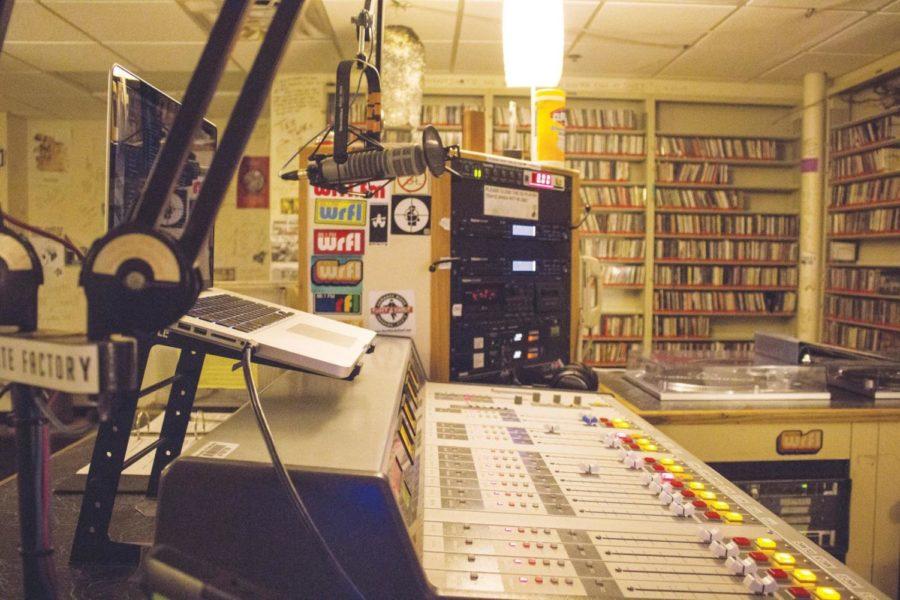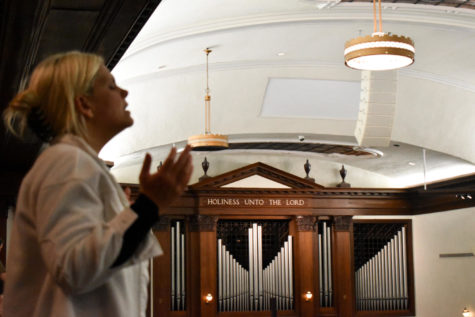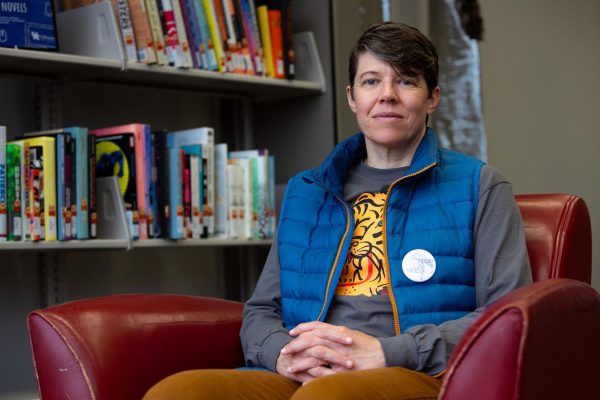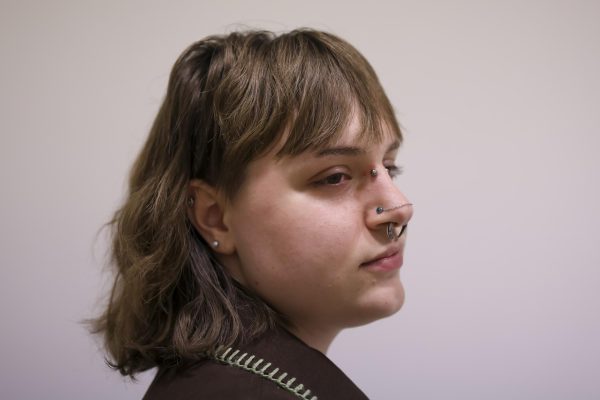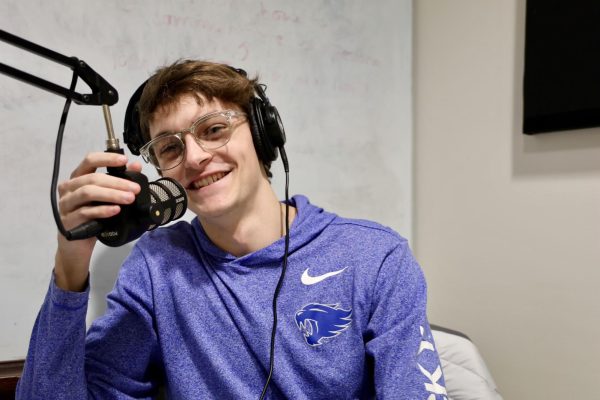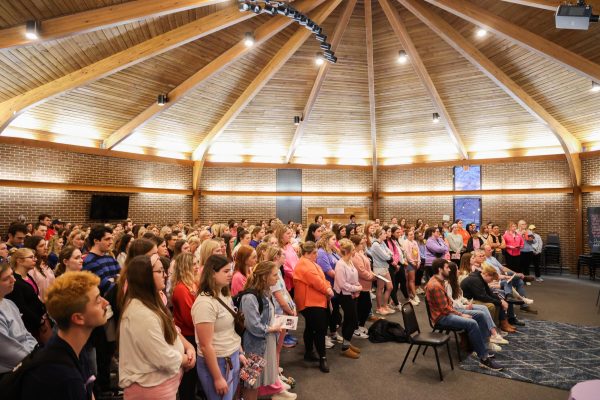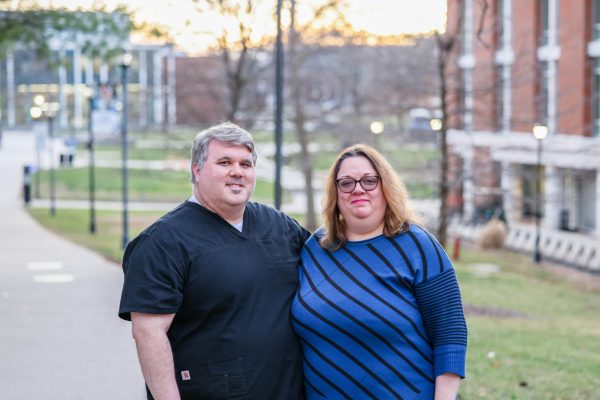DJs at WRFL make music appreciation an extracurricular
Radio Free Lexington is a student run organization at the University of Kentucky with a mission to provide professional radio training and management and offer its listeners with music, news and other programming. Taken Sunday, March 5, 2017. Photo by Arden Barnes | Staff
March 5, 2017
Ever wanted to host a radio show? It is actually a lot easier than you may have thought, thanks to the folks at WRFL-FM.
Training starts three weeks from the beginning of every semester and DJ trainees are currently part way through their training this semester. To become a volunteer DJ for WRFL-FM, UK’s student-run radio station, there is an application to fill out and a training process to complete. Nathan Hewitt, the general manager of WRFL-FM, explained the complete training process.
“There is an orientation session to attend, we call it DisOrientation, then one or two weeks after that, we start the training sessions, which take place on a Saturday and a Sunday. Students only have to attend one session, from noon to 2 p.m., for three consecutive weeks,” Hewitt said.
Hewitt emphasized a DJ trainee could miss one weekend of training and be able to make it up. Hewitt went on to further explain the training process, saying that part of the training is completing four observations where aspiring DJs come into the station to shadow a DJ for hour-long increments. A written test follows the third training session. Mitch Mullins, website director at WRFL-FM, clarified about the written exam.
“It is more focused toward the FCC stuff you learn in training and a few operational things. After the written test, you have a studio exam, which you explain the actual technical knowledge, which is running the board and playing the CDs,” Mullins said.
According to Hewitt, the training program’s final examination consists of completing an hour segment live on air. Throughout the hour, one of WRFL’s directors watches over and grades the performance. Following the live test, prospective DJs must complete a service hour before being admitted as DJs.
“The entire process isn’t a huge commitment,” Hewitt said. “We work with people and make sure they complete everything. You could even miss one or two studio observations and totally be on track.”
Mullins added that while the training process may seem daunting, it is anything but when spread out during a semester, leaving students hoping to work at the station plenty of time for their studies and lives away from the station.
Applications to be a volunteer DJ are available online or at WRFL’s headquarters in the basement of Whitehall Classroom Building.









































































































































